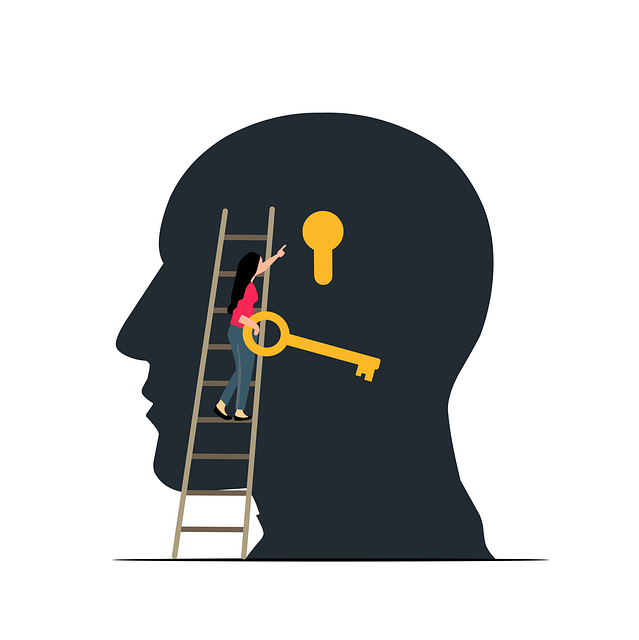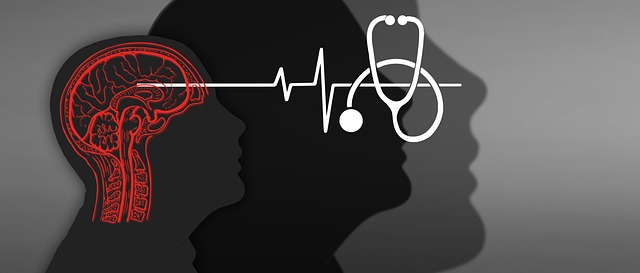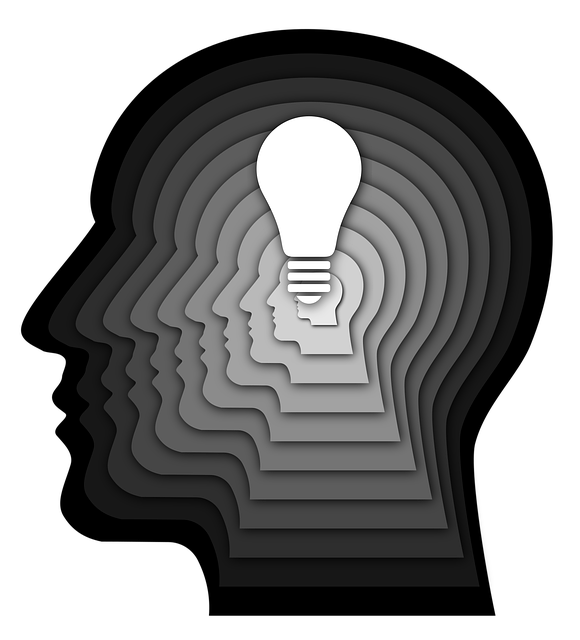Mental wellness group facilitation for elders addresses common but overlooked mental health concerns in aging populations by providing supportive environments through techniques like Therapy for Elders Exposure and Response Prevention (TEERP) and Self-Care Routine Development. ERP techniques, proven effective in treating various conditions, involve gradual exposure to stressors and coping strategy integration. Best practices in senior care settings include safe, non-judgmental environments, structured meetings, and burnout prevention strategies for healthcare providers. Anxiety relief and communication skills further enhance group dynamics, fostering trust and community engagement.
Mental wellness group facilitation plays a pivotal role in enhancing the lives of elders, offering therapeutic environments to address emotional challenges. This article explores effective techniques tailored for senior care settings, focusing on Understanding Mental Wellness Group Facilitation for Elders and its unique benefits. We delve into therapy methods such as Exposure and Response Prevention Techniques, proven strategies for managing anxiety and PTSD. By examining best practices, professionals can foster engaging discussions, creating a supportive atmosphere that promotes emotional well-being among elders.
- Understanding Mental Wellness Group Facilitation for Elders
- Therapy for Elders: Exposure and Response Prevention Techniques
- Best Practices for Effective Group Facilitation in Senior Care Settings
Understanding Mental Wellness Group Facilitation for Elders

Understanding Mental Wellness Group Facilitation for Elders is a specialized approach designed to cater to the unique needs of an aging population. As our society ages, it’s crucial to recognize that mental health concerns among elders are prevalent and often go undiagnosed or untreated due to stigma or lack of awareness. Group facilitation techniques offer a supportive environment where elders can connect with peers facing similar challenges, fostering a sense of community and reducing feelings of isolation.
One effective technique within this framework is Therapy for Elders Exposure and Response Prevention (TEERP), which focuses on helping individuals confront anxiety-provoking situations in a controlled setting. By gradually exposing them to their fears and teaching response prevention strategies, TEERP empowers elders to manage their mental health more effectively. Additionally, promoting Self-Care Routine Development for Better Mental Health is integral to this process, encouraging elders to prioritize self-nurturing activities that contribute to overall well-being. Risk Management Planning for Mental Health Professionals is also essential, ensuring practitioners are equipped to handle the complexities of working with elderly clients while prioritizing their own mental health and resilience.
Therapy for Elders: Exposure and Response Prevention Techniques

Exposure and Response Prevention (ERP) techniques have proven to be highly effective in treating a range of mental health conditions, including those prevalent among elders. This therapeutic approach involves gradual exposure to stressors or anxiety-provoking situations and teaching individuals coping strategies to prevent distress responses. For elderly clients, ERP can be tailored to address specific concerns like social interaction fears, public speaking anxiety, or even trauma-related memories. By facing these triggers in a safe environment, elders can learn to manage their reactions and build resilience.
In the context of therapy for elders, ERP is not just about exposure; it’s also about prevention. Mental health professionals facilitate this process by helping seniors develop personalized coping mechanisms. This may include deep breathing exercises, mindfulness techniques, or cognitive reframing strategies. By integrating these tools into their daily lives, elders can better navigate stressful situations and improve their overall mental wellness. Moreover, social skills training, often incorporated into ERP, enhances the quality of life for older adults by fostering meaningful connections and promoting a sense of community.
Best Practices for Effective Group Facilitation in Senior Care Settings

In senior care settings, effective group facilitation techniques are paramount to enhancing mental wellness among elders. One proven approach is Therapy for Elders Exposure and Response Prevention (TRE-ERP), which combines elements of cognitive behavior therapy with group dynamics. Facilitators should foster a safe, non-judgmental environment where participants feel comfortable sharing their experiences and engaging in discussions that promote understanding and coping strategies. Regular structured meetings, clear agenda setting, and consistent ground rules are best practices to ensure every elder has an opportunity to participate actively.
Additionally, Burnout Prevention Strategies for Healthcare Providers should be integrated into the facilitation process. Facilitators must prioritize self-care and maintain a balanced lifestyle to avoid professional burnout, which can negatively impact their ability to support group members effectively. Anxiety Relief techniques, such as mindfulness exercises or short breathing activities, can be woven into group sessions to create a calming atmosphere. Moreover, Communication Strategies that encourage active listening, empathy, and open dialogue are essential for building trust within the group and fostering meaningful connections among peers.
Mental wellness group facilitation plays a pivotal role in enhancing the lives of elders, offering them support and strategies to manage their mental health. By employing techniques like Exposure and Response Prevention (ERP), which has proven effective in therapy for elders, facilitators can create safe spaces for sharing and growth. Best practices highlighted in this article emphasize the importance of tailored approaches, active listening, and fostering a sense of community, all essential elements for successful group facilitation in senior care settings. Embracing these techniques enables caregivers to significantly impact the mental wellness of their charges.














